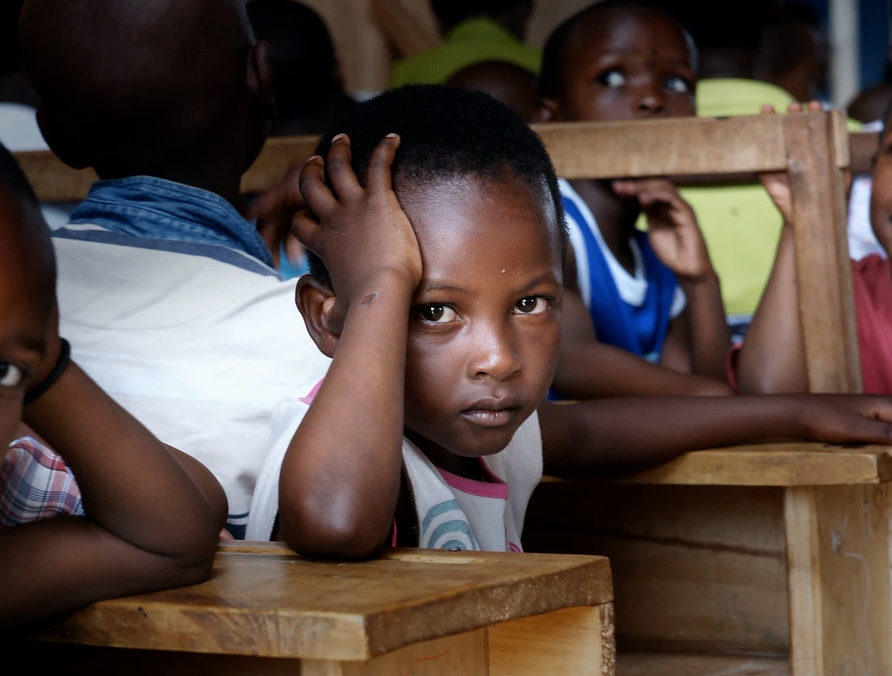With some of the most populous countries across Africa seeing increases in Covid-19 cases, there've been concerns that the continent is facing another spike in infections. The Africa Centres for Disease Control and Prevention (CDC) has talked of a "second wave" arriving.
And there's evidence that a new variant of coronavirus in South Africa may be driving increases there. Cases have been rising gradually since late September, according to data from both the Africa CDC and the World Health Organisation (WHO).
Looking at new weekly cases in the month up to December 133, they have gone up by an average of 6.1% each week. But there are significant variations across the continent, with some countries seeing small or localised spikes, others witnessing more sustained increases and some not yet past an initial rise in cases. South Africa now accounts for more than 60% of daily new cases detected in sub-Saharan Africa. After a decline in reported cases for four months, the government is now talking of a second wave.
The country's health ministry says most of the new infections have been amongst those aged between 15 and 19 years. This is believed to be due to a large number of big celebrations in recent weeks, some of them held to mark the end of exams and of the academic year. Four provinces - Western Cape, Eastern Cape, KwaZulu Natal and Gauteng Province - are the ones most affected by the resurgence in cases.
Covid-related deaths in South Africa have increased by 19% in the four weeks up to December 6, leading the government to introduce new restrictions. Evidence has also emerged that the rise in infections is being driven by a new variant of coronavirus detected in South Africa earlier in December.
It shares some of the same mutations as a variant in the UK, but appears unrelated.
Prof Tulio de Oliveira of the University of KwaZulu-Natal said that it had been particularly noticeable in those provinces which have seen large rises in case numbers.
South African scientists are still investigating exactly how infectious this variant might be.
In the weeks up to early December, the biggest rates of increase were mainly in north Africa, where temperatures have been falling as winter approaches. Morocco saw the largest increase in numbers of new cases on the continent - although cases there are now on a downward trend. Over the past four weeks, there have also been sustained increases in daily cases in Nigeria, Egypt, DR Congo and Uganda.
Cases had also been rising in Kenya and Ethiopia, although the increases have tailed off in those countries more recently. Africa CDC's John Nkengasong says that "clearly, the second wave is here." According to him, there have been three main trajectories in African countries:
· Those that never flattened the curve, or had low case numbers until August when they rose significantly
· Those that flattened the curve after cases peaked in July, but are now seeing another rise in numbers
· Those that have had a sustained decline in cases over time (after an initial rise)
"As we speak now, we have seen the numbers increase steadily to a point that my speculation is that by January or February, we will be where we were at the peak of this pandemic in July," he warns.
The reported death rate per capita on the continent has been low compared with other parts of the world, despite the weak health infrastructure in many African countries.
There could be a number of reasons for this:
· The relatively young population - more than 60% are under the age of 25
· Experience in epidemic control from tackling other diseases
· Cross-immunity from other coronaviruses
· Low rates of travel and more outdoor living might also help
But there are also issues - as elsewhere in the world - over how countries record deaths, making comparisons between them difficult.
Research earlier this year from the South African Medical Research Council (SAMRC) looking at excess deaths indicated that the number of people who had died from the virus could have been underestimated.
The WHO says the testing level in Africa is still low compared to other regions. Ten countries account for about 70% of the total tests conducted - South Africa, Morocco, Ethiopia, Egypt, Kenya, Nigeria, Cameroon, Rwanda, Uganda and Ghana.
There are wide variations in testing rates and while some countries have reduced testing, others have maintained or even increased it. Of the bigger countries, South Africa has been doing the most and Nigeria doing relatively few tests per capita, according to Our World in Data, a UK-based project which collates Covid-19 information.
However in some countries there are insufficient or no data available on testing to know how much is being done.

















